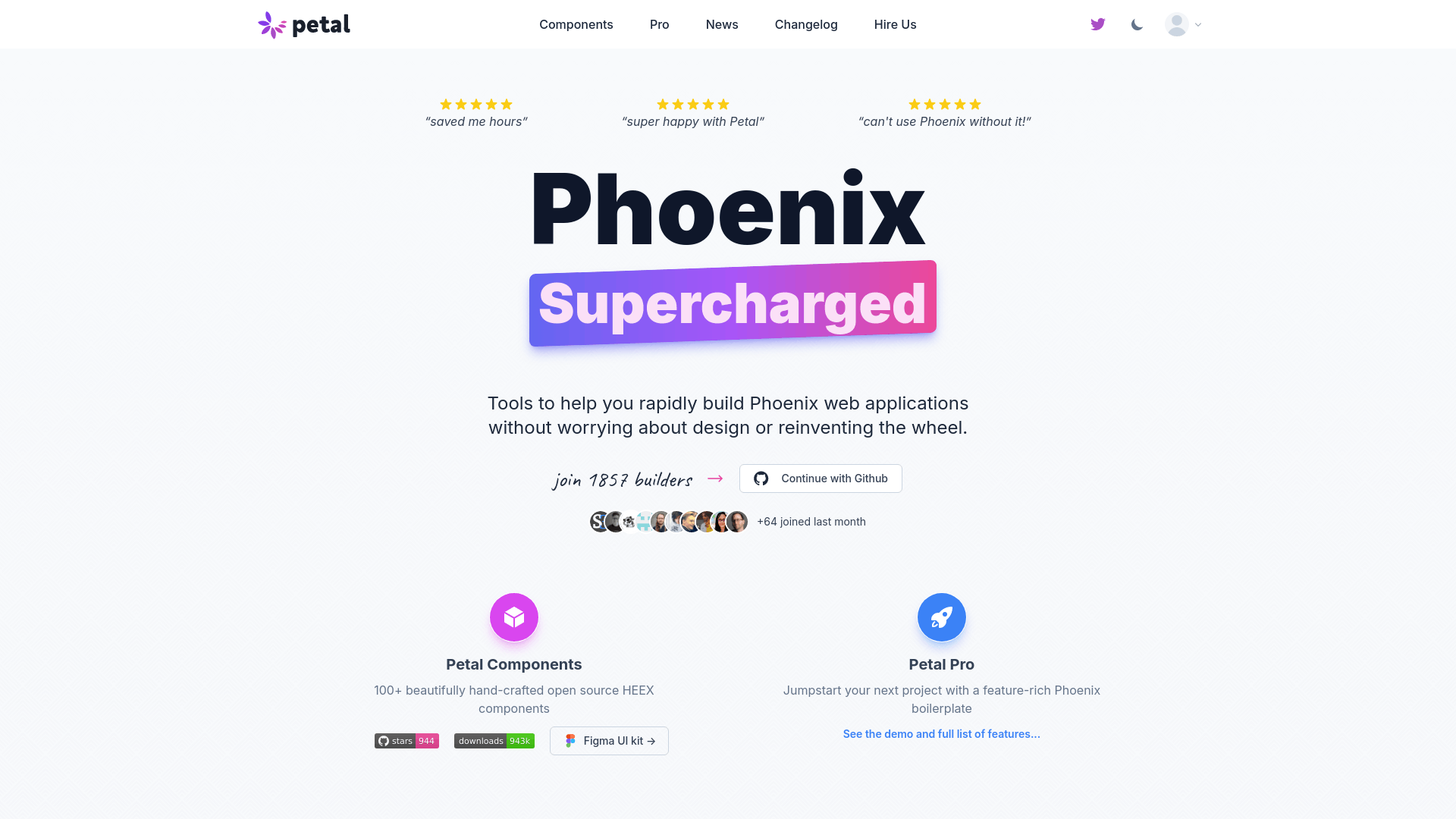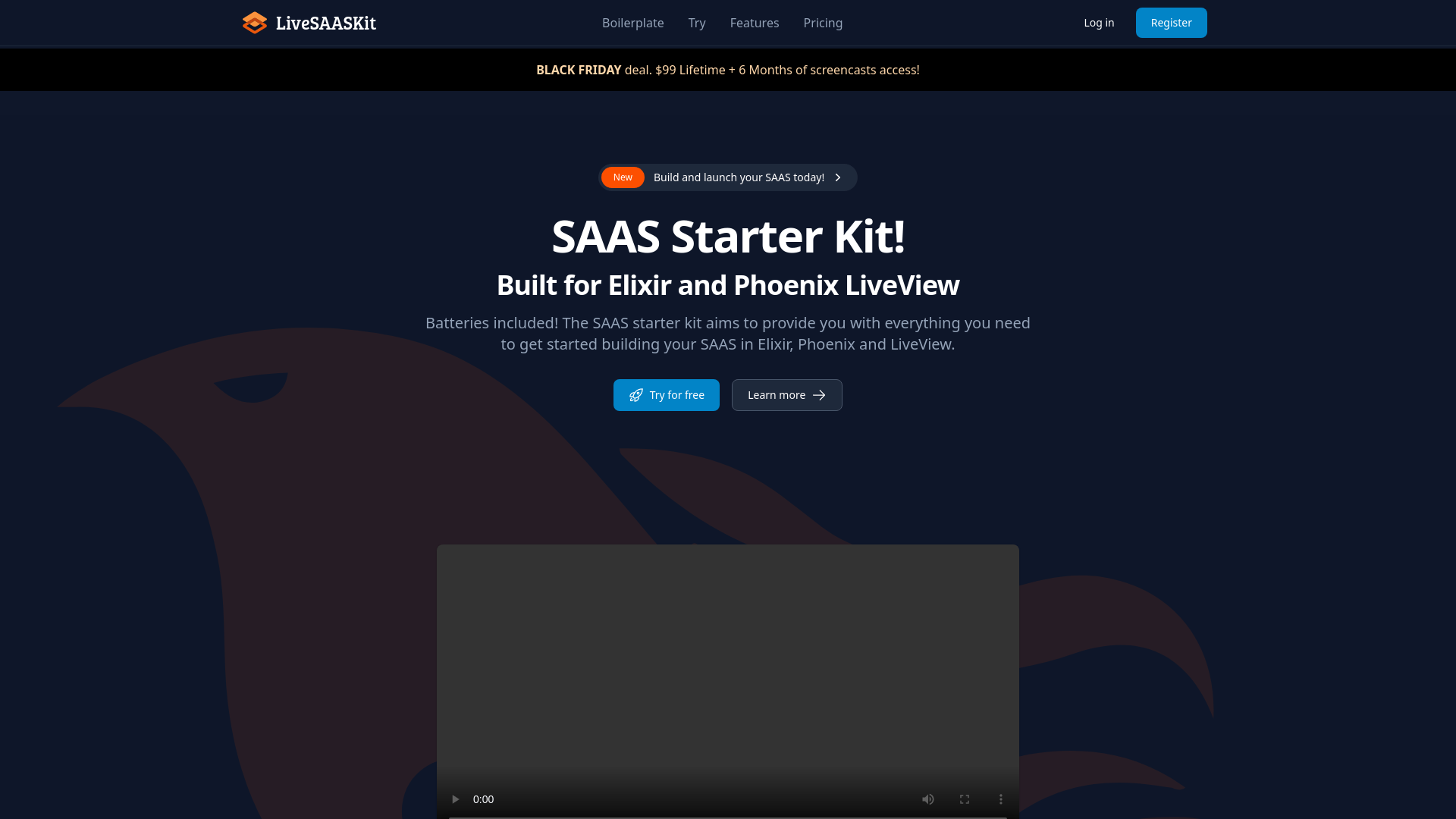

A Phoenix SaaS boilerplate is a pre-built template or starter kit that includes all the basic features and functionalities needed to launch a SaaS (Software as a Service) application. This includes user authentication, subscription billing, email notifications, and other common features that are required for most SaaS applications. Using a boilerplate can help developers save time and launch their application faster.
The best Phoenix SaaS boilerplates offer more than just basic features. They also provide a solid foundation for building scalable and secure applications. They are customizable and easy to use, making it possible for developers to focus on building the unique features of their application.
Some of the best Phoenix SaaS boilerplates available include SaaSWeb, SaaStarter, and Phoenix SaaS. Each of these boilerplates offers a range of features and integrations that can help developers build their SaaS application quickly and efficiently. Ultimately, the choice of boilerplate will depend on the specific needs of the application and the preferences of the developer.
Phoenix is a modern, high-performance web framework built with the Elixir programming language. Created by Chris McCord, it is designed to help developers build scalable and fault-tolerant applications that can handle a large number of concurrent users. With 19.8k stars on Github and over 5,000 websites currently using it. Phoenix leverages the power of Elixir's concurrency model and fault-tolerance to build fast and reliable web applications.
Phoenix follows the Model-View-Controller (MVC) architecture pattern and provides many features out of the box, such as templating, routing, and database integration. It also offers a fast and reliable web server called Cowboy, which is built on top of the Erlang VM.
Phoenix also incorporates real-time streaming with channels, and a presence feature for real-time applications to track and communicate the connected users' state, offering a robust way to build real-time applications easily.